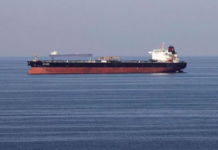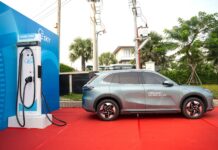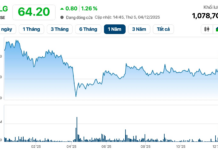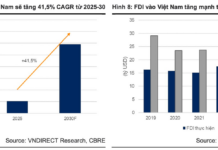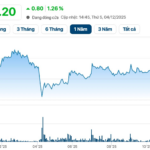According to Nikkei Asia, Japanese shipping company O.S.K. Lines has filed a lawsuit against Porsche, a subsidiary of the Volkswagen Group, accusing the brand’s electric car batteries of causing a fire that sank a car carrier two years ago.
Specifically, the Felicity Ace ship operated by Mitsui O.S.K. caught fire and sank near the Azores (Portugal) in February 2022. The lawsuit claims that the fire originated from a Porsche electric car being transported on the ship.
A spokesperson for the Japanese company confirmed that they have filed a lawsuit against Porsche. Porsche also acknowledged facing another lawsuit but declined to comment further.
According to the court, the lawsuit was filed in Stuttgart, Germany, and seeks compensation of 30 million euros (approximately 810 billion VND) for damages.
At the time of the fire, the Felicity Ace ship was traveling from Germany to the East Coast of the United States, carrying 3,965 vehicles produced by the Volkswagen Group, including Porsche, Audi, Bentley, and Lamborghini. The Volkswagen Group estimates the damages from the sinking of the Felicity Ace to be up to 155 million USD.
Despite the rescue efforts, the ship lost balance during the towing process. It eventually sank about 25 nautical miles (approximately 46 km) outside the exclusive economic zone of Portugal, at a depth of about 9,842 feet (approximately 2,999 meters), making salvage operations challenging.
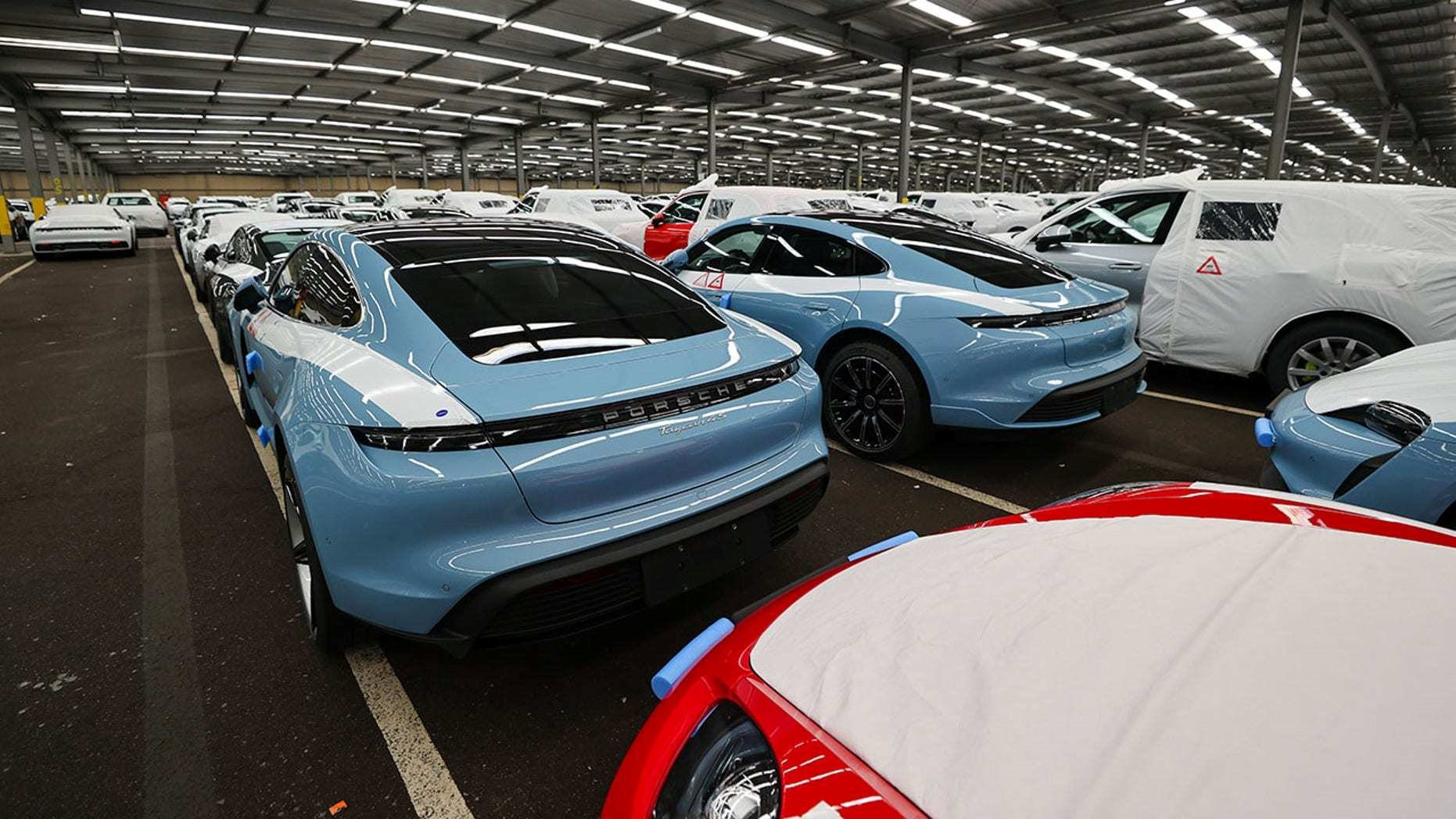
Mitsui O.S.K. stated that the lithium-ion batteries in Porsche electric cars caused the fire and that the German brand did not notify the company in advance of the risks associated with transporting electric vehicles or any necessary preventive measures.
Porsche is reportedly disputing the location and cause of the fire. The origin of the fire has not been determined.
According to a research report from August 2023 by the International Union of Marine Insurance, fires from electric vehicles are “no more or less common or intense” than fires from internal combustion engine vehicles. According to a study by insurance group Allianz Group, there were 8 instances of fire on cargo ships in 2022, below the 10-year average of around 12 ships.
Additionally, statistics show that there were 209 ship fires in 2022, a 17% increase compared to 2021, and the highest number in a decade. According to Allianz, 13 of these fires occurred on transportation vehicles, and their connection to electric vehicles is unclear.
According to Nikkei Asia, Norwegian shipping company Havila Kystruten has suspended the transportation of electric and hybrid vehicles based on a risk assessment by a consultancy firm. Another business in the Northern European country, Hoegh Autoliners, has also stopped transporting used electric vehicles.
However, sea transportation for electric vehicles is expected to develop significantly in the future along with China’s booming exports.
Hendrike Kuehl, a policy planner at the International Union of Marine Insurance, explained that while the fire hazard caused by electric car batteries is not high, they require different safety precautions than gasoline-powered vehicles because the actual risk is the uncontrolled thermal runaway, and the battery can reignite after it has been extinguished.
Kuehl added that due to the vehicle optimization, car shipping companies tend to stack vehicles close together, making it challenging to suppress a fire once it has started.
In November, Mitsui O.S.K. announced that it would install artificial intelligence integrated security cameras on 10 new car carriers. The cameras will alert crew members to potential fire hazards.


